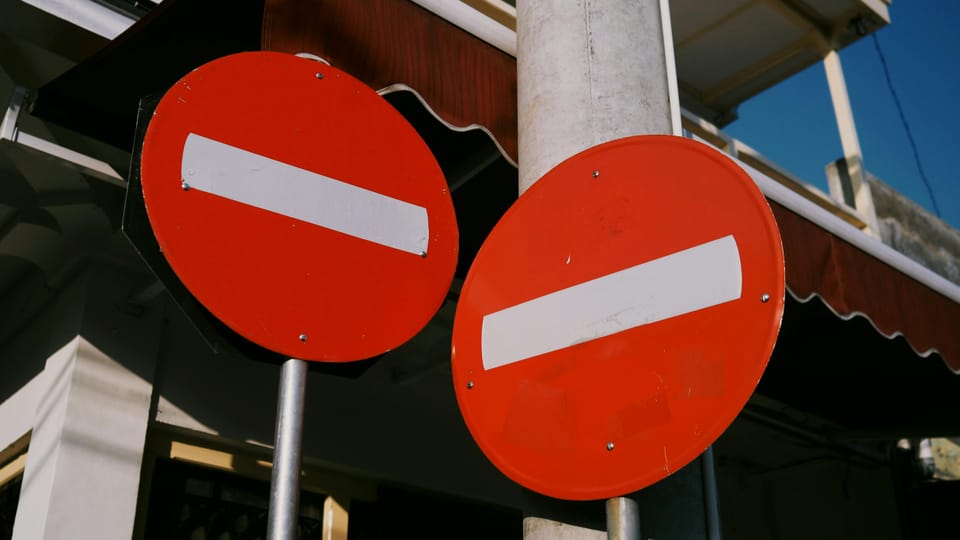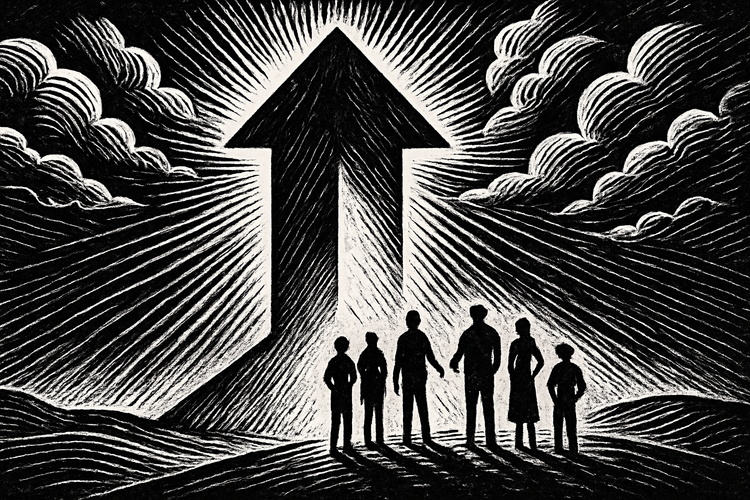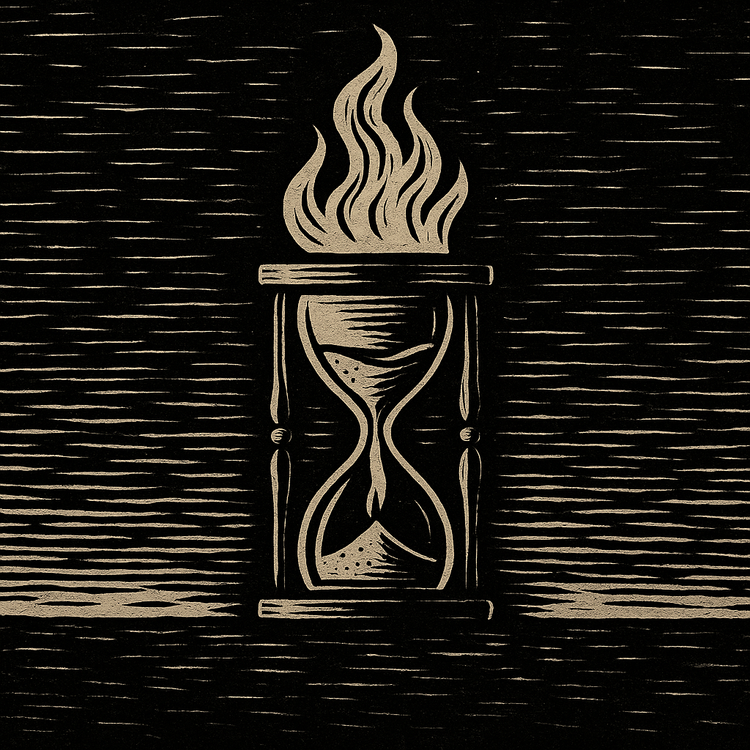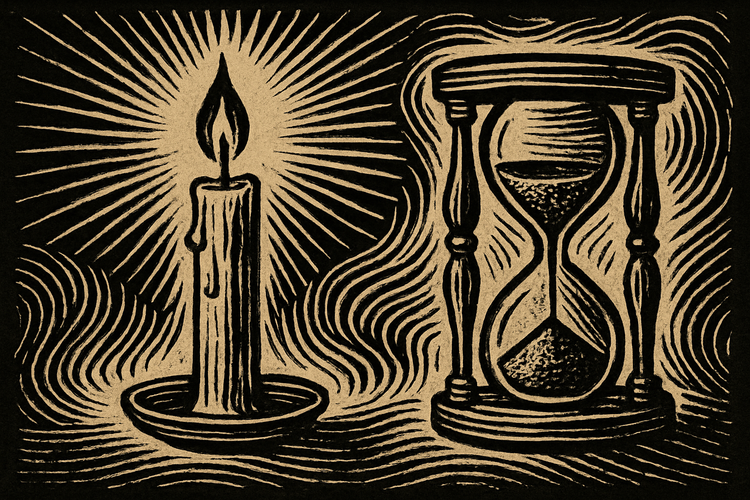The Good Place S1E12 - "Mindy St. Claire"

Spoiler Warning: This reflection contains full spoilers for The Good Place, including retrospective insights and thematic allusions. It assumes familiarity with the entire series and is written from the perspective of a rewatch.
The Medium Place is exactly what it sounds like—beige, blurry, and disappointing. Eleanor arrives expecting some kind of moral gray zone, a thoughtful halfway point between reward and punishment. What she finds instead is Mindy St. Claire, a lone coke-addicted corporate lawyer from the 1980s living in perpetual stagnation. No one visits. Nothing changes. There’s beer in the fridge, a VCR in the corner, and exactly one person judged too morally ambiguous for the cosmic binary. It’s funny, at first. But the longer you sit with it, the more disturbing it becomes. This isn’t a compromise. It’s exile in disguise.
Mindy is what Eleanor might have become, in another timeline. A self-interested woman who had a late-in-life moral awakening, took one meaningful step toward change—and then died. She tried to start a foundation with all her money, a gesture that was sincere but unfulfilled. The afterlife judged it insufficient. Not bad enough for the Bad Place, not good enough for the Good Place. So she was shelved. Mindy isn’t evil. She’s just… incomplete. And instead of engaging with that tension, the system dodged it. That’s what makes her such an unnerving foil for Eleanor. Mindy gave up trying. Eleanor hasn’t. Yet.
For a moment, Mindy’s logic makes sense. Why bother trying to be good when the rules are this arbitrary? Why risk sacrifice when you could settle into comfort? Eleanor, exhausted and demoralized, feels the pull. This version of the afterlife is deeply cynical—Mindy sees moral striving as a distraction from survival, and she’s not entirely wrong. But Eleanor hesitates. Not because she’s sure of the system, but because she’s changed too much to pretend otherwise. Even when the game is broken, she doesn’t want to lose who she’s become trying to beat it. That’s the difference. Mindy uses the system’s absurdity as a shield. Eleanor uses it as a reason to keep going.
So she returns. But when Eleanor and Jason come back to face the consequences, the system hasn’t evolved in the slightest. Sean, introduced as a supposed neutral judge, makes his decree: two of them must go to the Bad Place, and it doesn’t matter which two. It’s cold, calculated, and utterly incurious. The decision has nothing to do with individual merit or moral nuance. It’s balance for its own sake—a parody of justice, not an application of it. After everything they’ve been through, after all the ways they’ve changed, the system responds with the same blunt instrument it always uses: punishment without understanding.



Comments ()